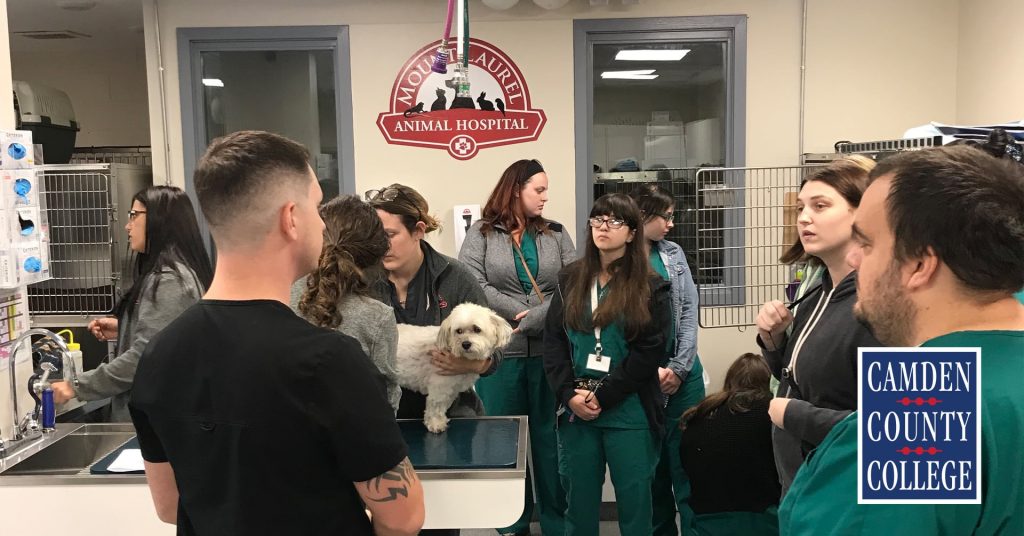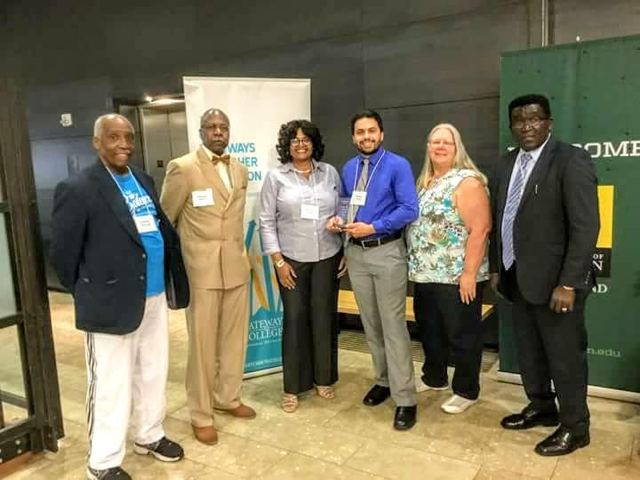Camden County College is now offering a new Data Science program designed to prepare students for a career in Data Science and Data Analytics. The new program is the first of its kind in New Jersey.
Topics covered in the new program include data acquisition in both structured and unstructured formats, data security, ethical responsibility, and effective communication of informed tactical and strategic objectives. The curriculum also covers cleaning, modeling, visualization, and analysis of data. Using a hands-on, applied approach, students in the program will learn to identify patterns and relationships in large data sets and to resolve questions and problems through data driven decisions.
“CCC’s Data Science program will prepare you to enter a career in the growing field of data science with the skills sought after by today’s most innovative companies,” said Camden County College President Donald Borden. “With the highest selection of programs, the most available transfer options, and one of the lowest tuitions in the region, CCC is your best choice.”
Program graduates will develop solid analytical reasoning, critical thinking and technical skills to analyze and present data to enhance understanding and decision-making. They will learn to work independently or as a member of a team with modern technical tools to accomplish data life cycle project goals and meet deadlines. They will also gain an appreciation for ethical decision-making principles for the analysis, management and presentation of data.
CCC’s courses for the Associate in Applied Science Degree in Data Science will be offered beginning on January 20. To learn more, visit the Data Science program page. For additional information, contact Professor Joseph Diaco at jdiaco@camdencc.edu


